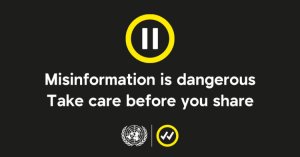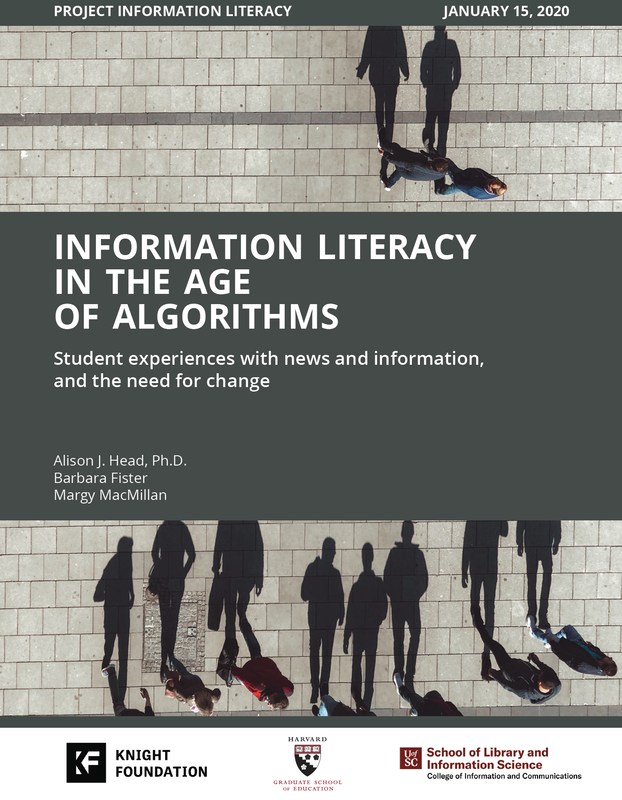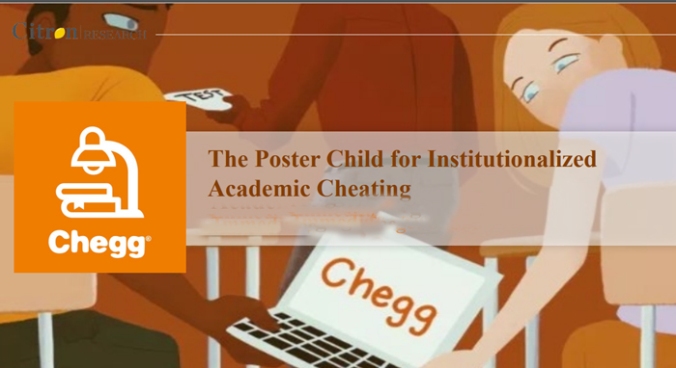These days, our society is inundated with articles, stories, and opinions about the COVID-19 pandemic—but some of these sources are more accurate than others. With false information proliferating online, it’s essential to separate fact from fiction, and libraries play a key role in teaching their communities how to evaluate news items with a critical eye.
Two of our Benedictine Library Research Guides contain advice for spotting inaccurate information about the pandemic. Tips include consulting fact-checking organizations, visiting reputable health-focused websites, and looking closely at news sources for potential bias or hoaxes.






